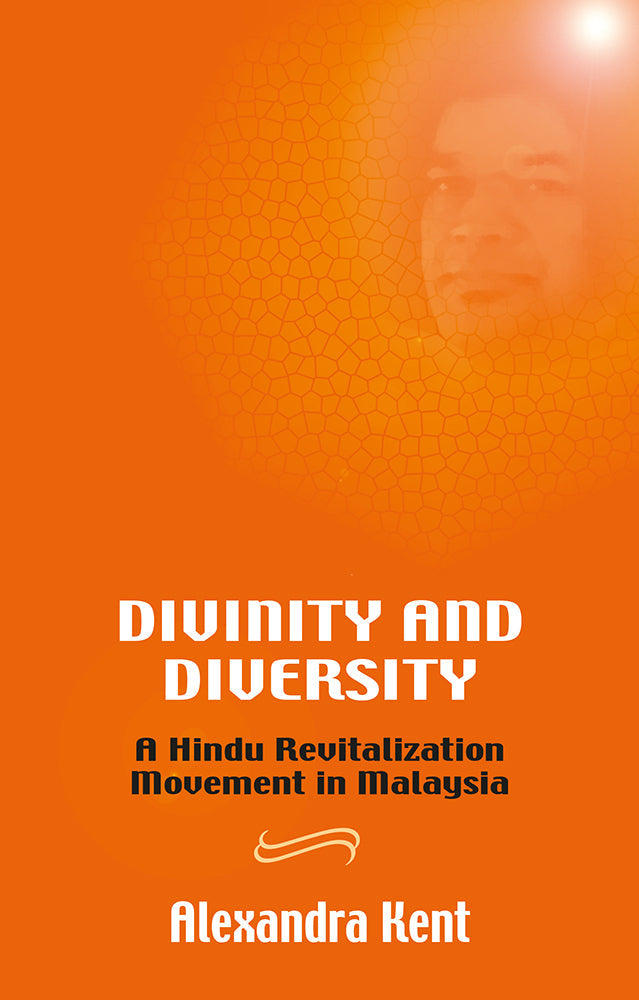Divinity and Diversity: A Hindu Revitalization Movement in Malaysia
$75.00 SGD
by Alexandra Kent
The "9-11" attacks on the United States and subsequent "war on terrorism" have brought a discussion of transnational "religious" networks onto centre stage. While the Sai Baba movement, the focus of this study, has no militaristic ideology, it may - like any other such movement - ultimately call into question the sovereignty of the nation state. Today, issues of faith and devotion are more urgent than ever in the interfaces between diverse world-views, not only at local and national levels but, increasingly, at the global level as well. Religion and religiosity are potent cultural resources that undergo continuous reinvention by particular actors within relationships of power.
This work looks closely at the Malaysian following of the contemporary Indian godman Sathya Sai Baba, a neo-Hindu guru famed for his miracle working. This religious innovation has broad appeal among non-Malays, but attempts to formalize and control it have evolved within a middle-class subsection of the Malaysian Indian community. This community makes subtle and ambiguous appeals for both spiritual unity and religious pluralism in response to the totalitarianism and intolerance of Malaysian modernity as it is wielded by the Malay-dominated government.
Alexandra Kent is an associate professor in social anthropology at the University of Gothenburg. She has explored the relationship between religion, politics, gender, healing and security in India, Malaysia and Cambodia, her most recent research being on Cambodians’ understandings of justice in the aftermath of conflict.
Publication year: 2008
232 pp / 214mm x 134mm
12 figures
ISBN: 978-87-91114-89-2, Paperback
ISBN: 978-87-91114-40-3, Hardback
NIAS Press

